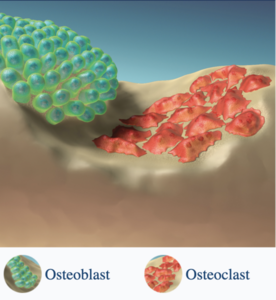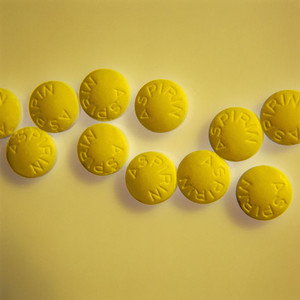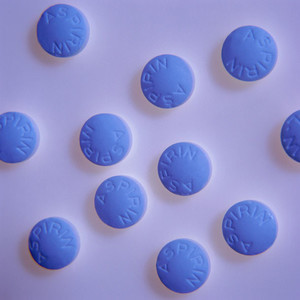In the ongoing debate about the exclusivity period for biologicals in the US, the latest group to voice their opinions are members of the US House of Representatives. In a letter to President Barack Obama, dated 14 October 2011, the 51 Representatives outlined their objections to the President’s continued efforts to reduce the exclusivity period for originator biologicals.
Representatives object to 7-year biologicals exclusivity
Generics/News
|
Posted 21/10/2011
 0
Post your comment
0
Post your comment

The President’s latest attempt at reducing the exclusivity period came in September 2011 as part of his plan for economic growth and deficit reduction, which included a proposal to reduce originator biologicals market exclusivity from the 12 years foreseen in the Biologics Price Competition and Innovation (BPCI) Act to seven years [1].
This was not a new proposal by the President. He has already outlined plans in his 2012 budget proposal to reduce the period of exclusivity before biosimilars can be sold in the US to seven years in order to boost competition [2].
The Representatives stated in the letter that in order ‘to establish a new pathway, it was critical to balance the need for patient access with incentives for innovation.’ They added that ‘too much protection for an innovator would leave patients with high-costs; too little protection, and innovators would leave the US for friendlier regulatory environments like the European Union.’
The Representatives admitted that biologicals can be expensive and with no generics options, that many of these drugs are out of reach for patients, which is exactly why the biologicals pathway was created. However, they expressed their concern that reducing protection for originator biologicals from 12 to seven years would ‘undermine the legislation’ and lead to biotechnology companies moving overseas ‘where other regulatory environments, like the European Union, recognise the importance of fostering innovation.’
In the EU, both small molecule drugs and biologicals receive eight years of data exclusivity plus two years of market exclusivity, which can be followed by one additional year for a new indication [3].
They also argued that reducing the period of exclusivity for originator biologicals would ‘force the FDA to contend with biosimilars applications years before the agency planned for, forcing it to reallocate precious resources for reviews.’
Finally the Representatives reiterated that the biosimilars legislation has been passed by the House and Senate and signed into law by the President, as well as being ‘endorsed by the governors of five states, and a wide array of more than 70 patient and industry groups … Repeated attempts to weaken this provision, and for a time period with no legitimate basis, is unacceptable.’
Editor’s Comment
The debate seems set to continue over the period of exclusivity allowed for originator biologicals in the US. This issue, however, needs to be resolved soon as it has far-reaching consequences, affecting not only biosimilars in the US, but also their trade with other countries/regions.
Please feel free to share your thoughts via email to editorial@gabionline.net or in the comments section below. What are your views on the period of exclusivity originator biologicals in the US should be allowed? How do you think this will affect innovation in biologicals and/or the biosimilars industry?
Related article
Debate over biosimilars exclusivity period in free trade agreement
References
1. GaBI Online - Generics and Biosimilars Initiative. Generics and biosimilars affected by Obama’s deficit plans [www.gabionline.net]. Mol, Belgium: Pro Pharma Communications International; [cited 2011 October 21]. Available from: www.gabionline.net/Biosimilars/News/Generics-and-biosimilars-affected-by-Obama-s-deficit-plans
2. GaBI Online - Generics and Biosimilars Initiative. Exclusivity for biological drugs in the US: what now? [www.gabionline.net]. Mol, Belgium: Pro Pharma Communications International; [cited 2011 October 21]. Available from: www.gabionline.net/Policies-Legislation/Exclusivity-for-biological-drugs-in-the-US-what-now
3. EMA, Committee for Human Medicinal Products (CHMP). EMA Procedural advice for users of the centralised procedure for generic/hybrid applications. EMA/544563/2010. January 2011.
Source: EMA, PatentDocs
Research
Japan’s drug shortage crisis: challenges and policy solutions
Saudi FDA drug approvals and GMP inspections: trend analysis
The best selling biotechnology drugs of 2008: the next biosimilars targets










Post your comment